Tesla Awards Elon Musk $29 Billion in Compensation

Tesla has once again ignited controversy in corporate governance, this time with a headline-grabbing decision: the company’s board of directors has approved a $29 billion stock-based compensation package for CEO Elon Musk. This staggering figure has sparked both admiration and alarm, raising serious questions about executive pay, shareholder rights, corporate oversight, and Musk’s divided attention between Tesla and his many other ventures.

At the heart of the debate is a single question: Is Elon Musk worth $29 billion more to Tesla’s future?
Background: A Return to the Pay Spotlight
This is not the first time Musk’s pay has dominated headlines. In 2018, Tesla awarded him a performance-based package valued at up to $56 billion, contingent on meeting specific financial and operational milestones. Musk met most of them—catapulting Tesla into the trillion-dollar club in 2021—but inJanuary 2024, a Delaware judgevoided the award, citing a flawed approval process and a lack of transparency with shareholders.

In response, Tesla re-incorporated inTexas and began crafting a new compensation structure. That effort has culminated in the latest award, which was formally approved in early August 2025 by the board.
The Terms: What’s in the $29 Billion Package?
Tesla’s new compensation plan grants 96 million restricted stock units (RSUs) to Musk, priced at$23.34 per share, the same price as the original 2018 award. These RSUs will vest over two years, contingent on Musk remaining in a top leadership role such as CEO, CTO, or Executive Chair through 2027.
Importantly, there are no performance milestones attached—unlike the 2018 package. This makes the award a retention-based grant, not a results-driven one.
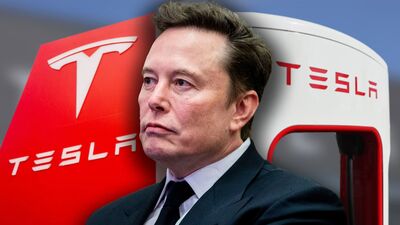
Tesla claims that Musk’s “continued leadership is mission-critical,” especially as the company shifts away from traditional EVs and focuses more heavily onrobotics, artificial intelligence, and autonomous technologies.

Why Now?
Tesla’s financial performance in 2025 has been rocky. The company missed Q2 delivery expectations amid a sharp decline in EV sales across Europe and China. Revenue fell short of analyst estimates for three straight quarters, and the company is under pressure to accelerate its AI and robotaxi development to maintain investor interest.
>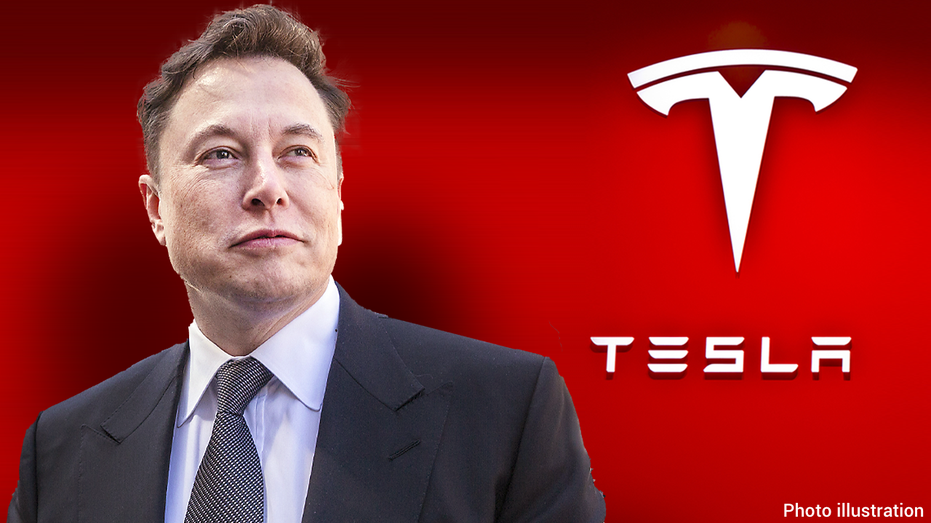
>In that context, Tesla’s board is clearly betting that>keeping Musk’s name and face tied to the company will help stabilize stock prices and investor sentiment.
But critics argue that the new pay package sends the wrong message—especially to shareholders.
>
Corporate Governance Critics Sound the Alarm
Corporate governance experts have not been shy in voicing concern.
This is a textbook case of a captured board,” said Charles Elson, a governance specialist at the University of Delaware. “Awarding tens of billions in equity without performance goals is not just unusual—it’s irresponsible.”

lack of shareholder input before the award’s approval has also raised red flags. Although Tesla says the full plan will be submitted for ratification at the November 2025 shareholder meeting, the optics of pre-approval have frustrated many institutional investors.
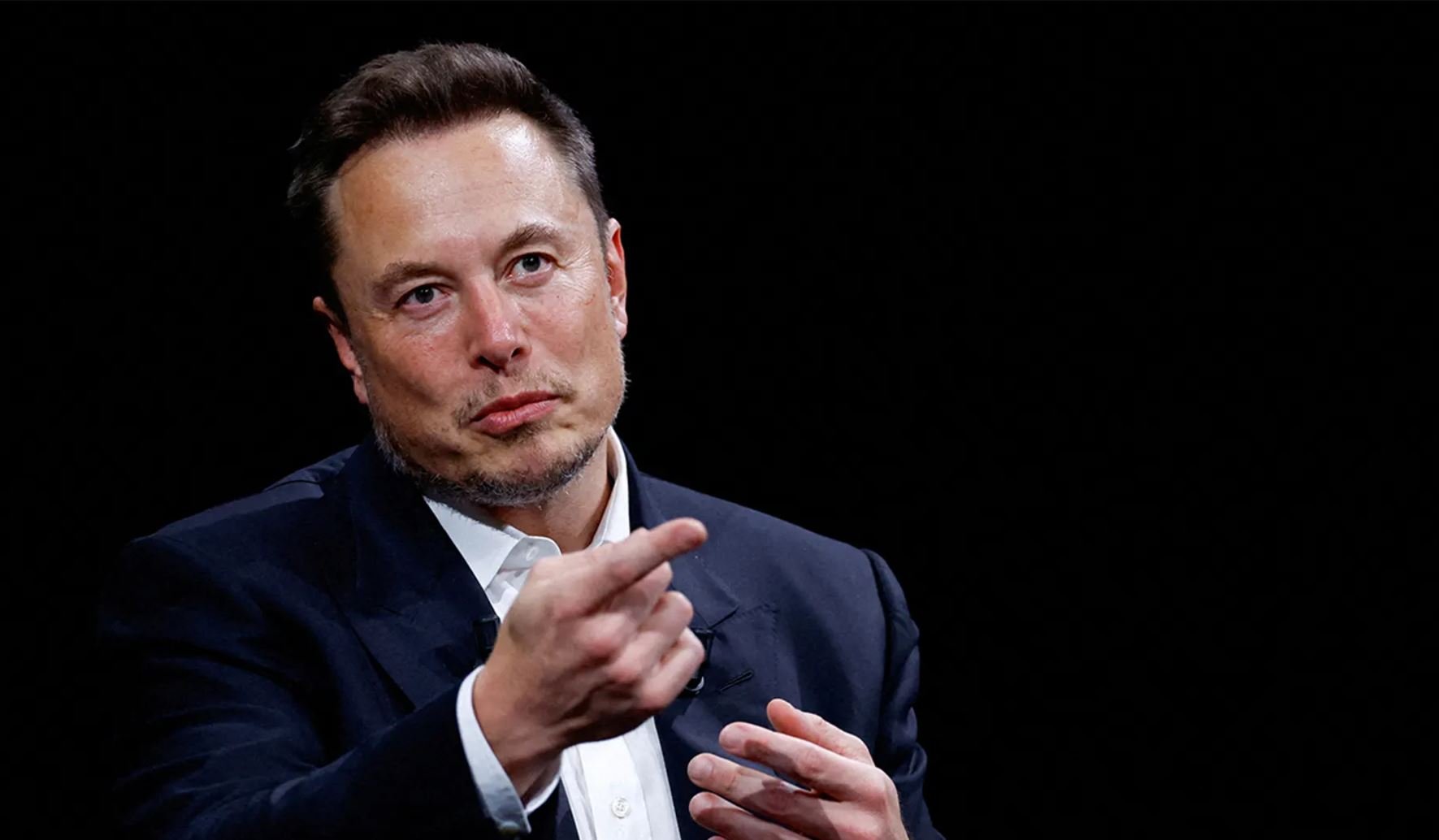
Several governance advocacy groups, including CtW Investment Group and ISS, have urged Tesla to postpone the package until after the legal status of Musk’s 2018 award is resolved by the Delaware Supreme Court—a case that’s still pending.
What Tesla’s Board Says
In a press release, Tesla’s board described Musk as “essential to Tesla’s innovation arc,” and claimed the award reflects his value to the company’s future. They emphasized Musk’s role in building Tesla from the ground up, creating billions in shareholder value, and revolutionizing multiple industries.
Robyn Denholm, Tesla’s Board Chair, said:
“We face intense competition in autonomy, energy, and AI. Elon’s unmatched vision and leadership are non-negotiable.”
The board also revealed that if Musk’s 2018 package is reinstated, the current award will be either canceled or offset to prevent double compensation.
Elon Musk’s Response
Musk has remained relatively quiet on social media regarding the new award, but in past comments he has repeatedly emphasized his disinterest in salary and insisted that stock-based compensation aligns his interests with shareholders.
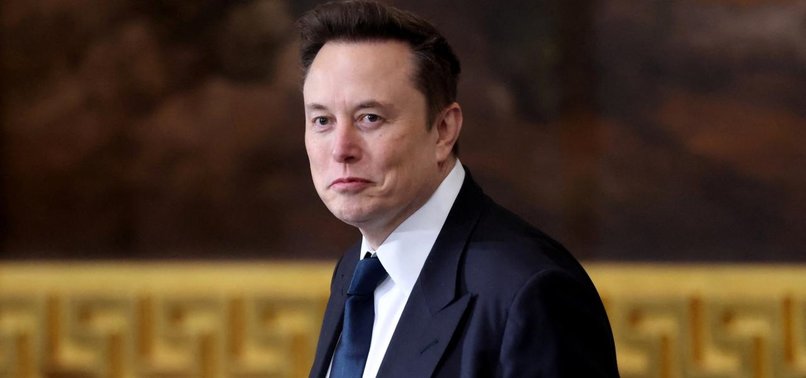
He has also stated publicly that he wantsgreater control of Tesla if he is to commit long-term, and previously demanded a 25% voting stake in Tesla to continue leading its AI efforts—a request that split shareholder sentiment.
Shareholder Reactions: Divided and Heated
Investor response to the package has been sharply polarized.
Some, particularly retail investors and Tesla loyalists on social media, have expressed support, arguing that Musk is the reason Tesla exists and continues to dominate the electric and autonomous vehicle space.

However, institutional shareholders, includingBlackRock and Norway’s sovereign wealth fund, have expressed concerns privately, according to Bloomberg sources. The main criticisms include:
The lack of performance targets.
Insufficient board independence.
Musk’s distractions from other companies, like X (formerly Twitter), SpaceX, Neuralink, and xAI.

One investor, who spoke on background, said:
This is pay-for-promise, not pay-for-performance. It exposes Tesla to enormous risk if Musk loses focus—or the legal appeal fails.”
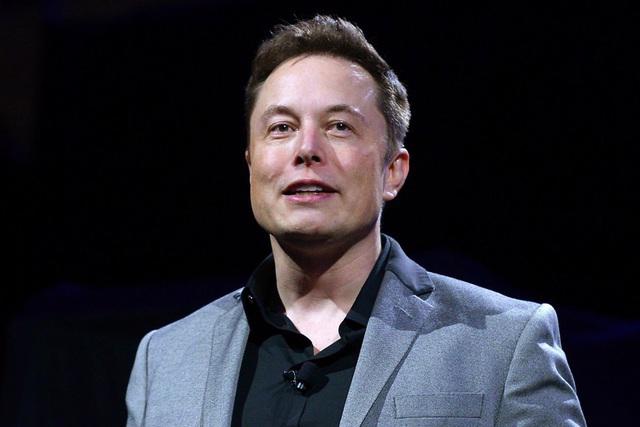
Financial Implications: What It Means for Tesla Stock
Following the announcement, Tesla shares initially rose by 2.1%, driven largely by short-term confidence that Musk isn’t leaving. However, within 48 hours, shares dropped −1.3%, as markets reacted to weak delivery numbers from Germany and the U.K.

AnalystDan Ives of Wedbush called the pay package a “double-edged sword”:
It brings clarity about Musk’s role. But it reopens governance debates and raises long-term concerns about over-dependence on one individual.”
In total, the $29 billion award represents about10% of Tesla’s market capitalization as of early August 2025.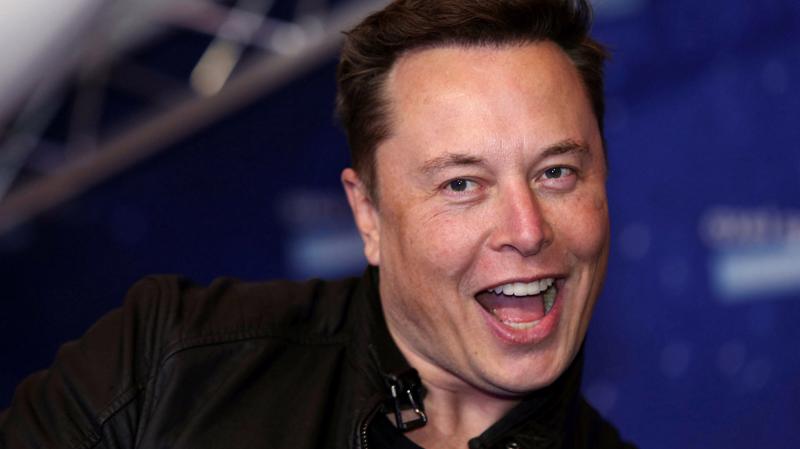
Legal Complications Still Loom
The elephant in the room is still the Delaware ruling, which found that Tesla’s board failed to properly inform shareholders about conflicts of interest during the 2018 compensation vote. Musk is appealing the decision.
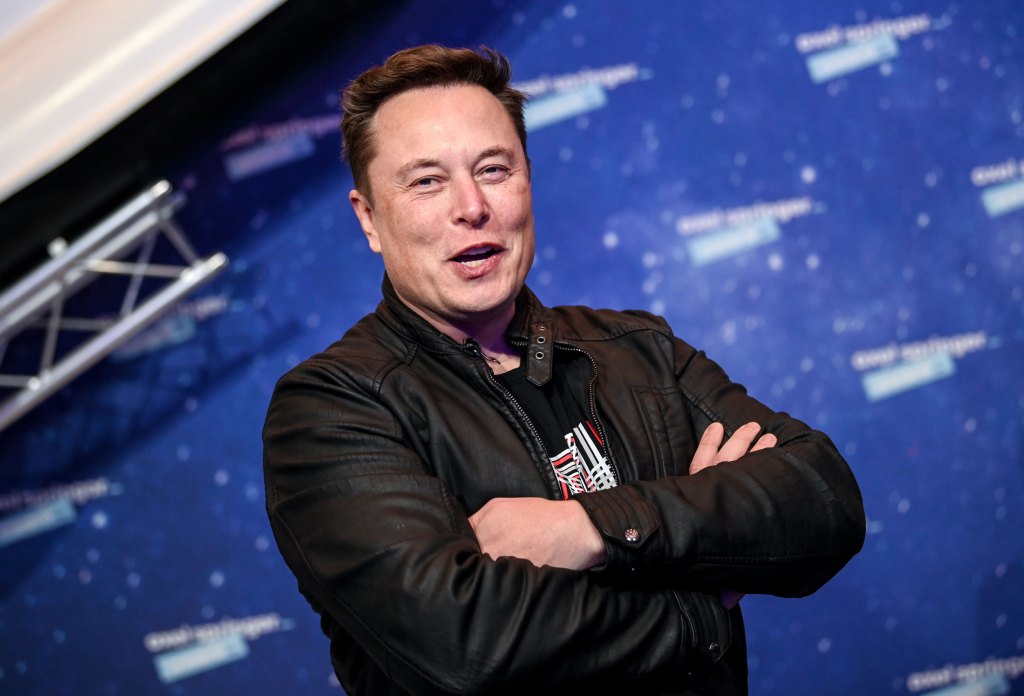
If he wins, it’s unclear whether this new award will be retroactively adjusted, or scrapped entirely. If he loses, the new package could become even more critical—but could also drawadditional shareholder lawsuits.
Tesla’s relocation to Texas—a state with looser corporate oversight than Delaware—may also factor into future legal challenges.
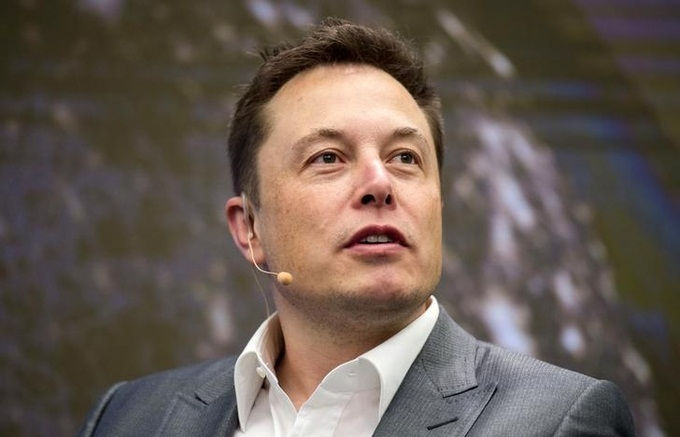
Conclusion: Risk, Reward, and Responsibility
The $29 billion award to Elon Musk cements his central role at Tesla, but it also shines a harsh light on how the company approaches leadership, compensation, and accountability.

To supporters, the move is a strategic necessity—a way to keep a visionary leader focused on a company navigating fierce global competition and technological upheaval.

To critics, it’s an egregious example of corporate overreach—a board rewarding a CEO with unprecedented wealth without demanding measurable results in return.





